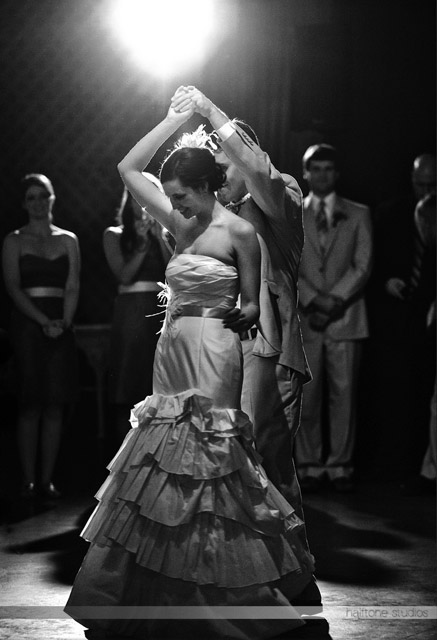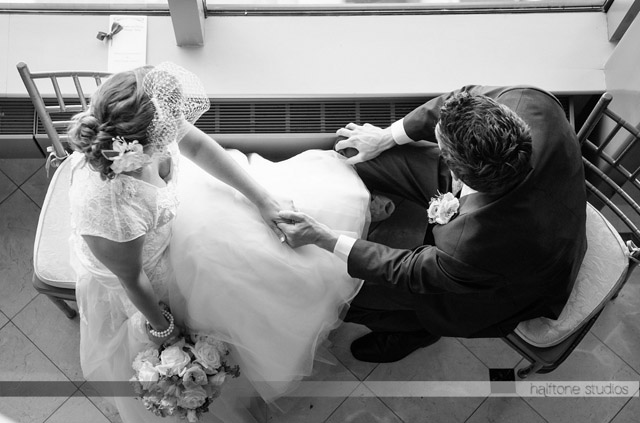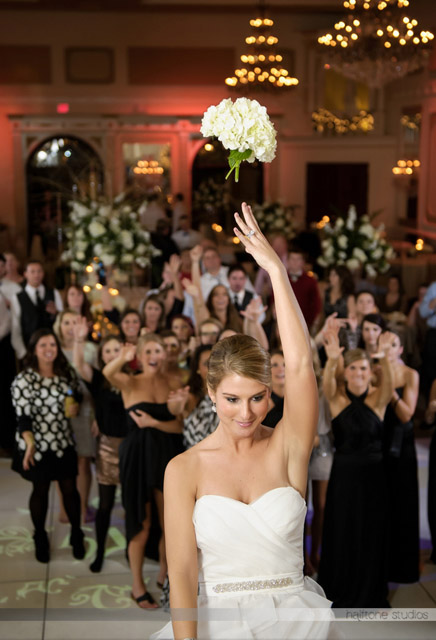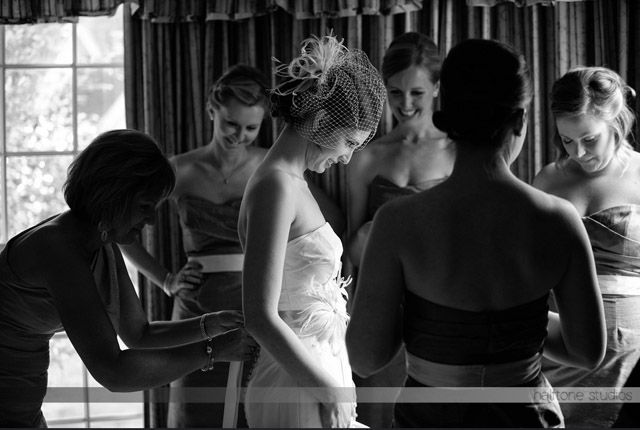One of the perks of my job is that I get to associate with awesome photographers. The best part is that they don’t think anything of it. Half of the time I’m giddy inside when they come around–but don’t tell them. A little bit ago, I enjoyed the guilty pleasure of brunch with my pal Jenn Aan from Halftone Studios. Remember her from the portraits with Matt King? She offered up some great professional photography tips.
During our chat, I prodded her a bit about turning a profit from photography. I meet a lot of hobbyist photographers who feel they’re ready to take the next step, but who don’t know when or how to start asking for money. The professional photography tips Jenn gave were so delicious that I took notes. Read on for some tasty advice to teach you the ropes.
—
Make $$ Plans, First
“Your time has value. If you’re working for someone, say as an assistant, digital tech, or second shooter, as a first step, make your compensation plan clear. Your efforts and talent will help make the magic happen. You are earning wages and deserve to receive them. Of course, it’s best to make your payment policy before you agree to do the work–just like having a contract–which isn’t a bad idea.
This rule applies regardless of your level of experience–yes, even if you’re totally green. If you can’t deliver sharp images, or understand basic lighting scenarios, or even if you don’t know how to use your own gear, it may seem like you’re going to a photography class, but this is far from the truth. You’re still working, so don’t volunteer.
Good points, Jenn. I’ve heard horror stories about budding photographers receiving no pay for weeks of assisting, retouching, or more. Unfortunately, I think it’s an extremely common scenario. I don’t hear about photographer-crew contracts as often as photographer-client ones.
—
Photo Favors
Being marketing-centric, like I am, I’m always getting people involved in photography-related projects. The hope is that these projects will help them build a better name, resulting in new clientele, but they aren’t for pay, per se. How does that fit in? Are my little projects a complete waste of time?
What if someone famous (or infamous) is involved? Do you pull out your camera for free? I mean, if The Hoff want’s you to take a few snapshots, wouldn’t you be a fool to pass up the opportunity?
Photography favors are always a temptation, especially when friends or influential people are involved. This doesn’t mean that you’re supposed to do them, though. The path from amateur to professional is already a long and treacherous road. Giving your professional-level photography services away for free will only lengthen your trip.
If you’ve tasted the forbidden fruit of volunteering your professional skills, you’ll need to find new clientele. It’s near impossible to change a non-paying client into a paying one, especially after you were willing to give your services away for free, before. The client will have trouble seeing you as anything more than ‘good with a camera,’ and will most likely tell everyone they know the same thing. You want them to consider you a professional, so you have to charge them something, even if its only enough to cover gas in your car or a babysitter to watch your kids.
Marketing projects specifically are a bit different. You’re essentially bartering for publicity, which doesn’t always work–it’s more of a gamble.
—
Total Newbie Compensation
Let’s talk about when you’re just starting out. Say you just bought your first camera today, and you want to go out and make fat stacks of cheddar, tomorrow. How do you charge? What can you expect? Should you start charging as a “professional photographer” from day one?
Expect compensation at the level of your experience. If you’re just starting out, you may only make enough to cover equipment rentals or dry cleaning. Most newbies think that their new DSLR is a cash cow, but nothing is further from the truth. Photography is hard work. Until you’re fluent with shooting professionally, it’s difficult to make decent money.
While on the subject–use the term ‘professional’ as an adjective. Professional work is crisp, clear, instantly readable, has superb composition, great tones and colors, and is certainly something you’d pay money for. Anything less isn’t ‘professional.’ If you’re not able to deliver a selection of images that fit this description, don’t consider yourself a pro or charge as one. Professional work is also consistent. It’s only camera magic if you can do it twice, otherwise it’s just dumb luck! Tell your clients that you’re an aspiring photographer, tell them that you’re talented, or tell them that you grew up with a camera in your hand, but don’t, DON’T oversell your capabilities. The best thing to do is be honest, share accurate information, and only show your own work. Everyone starts somewhere. It’s not bad to admit that you’re just starting out, but again, only expect compensation at the level of your ability.
The value of learning your gear or taking classes is always underestimated. I can’t tell you the number of people I have that contact me wanting me to “teach” them something, when they are not even sure what kind of gear they have. I recommend starting there.
Jenn, you’re a gem. I should take you out for a meal sometime. This time I’ll actually pay for it, too. Let me see if Joe has change for a hundred. ;-)
 —
—Try Exposure Today















